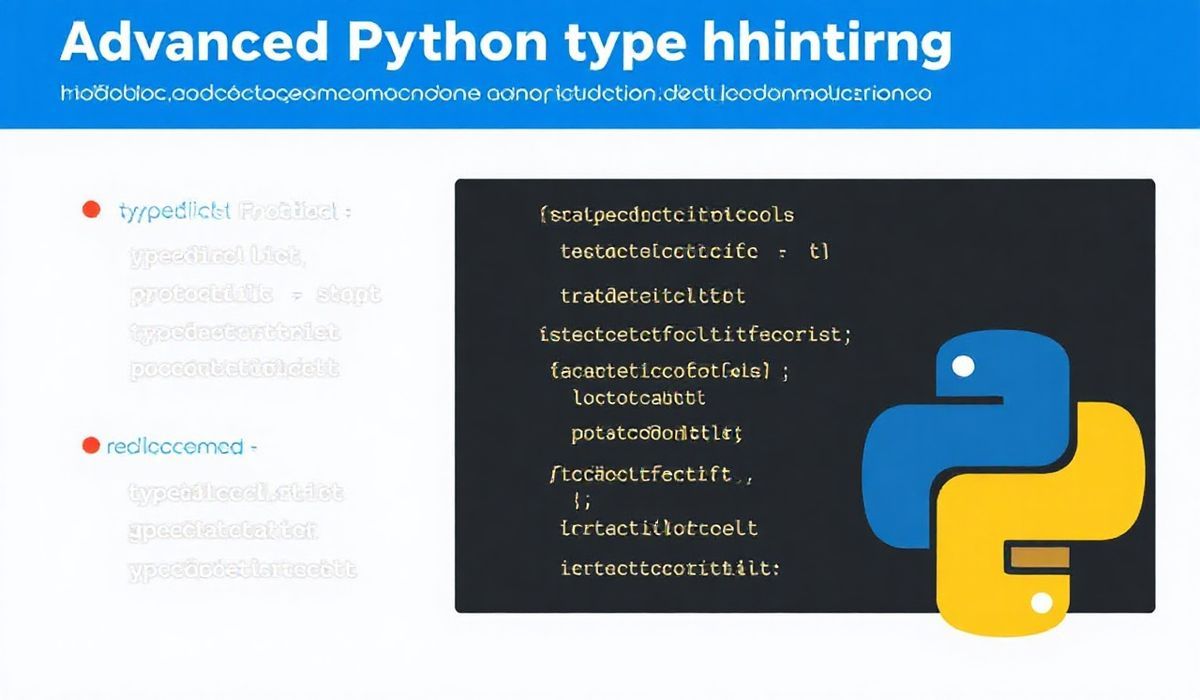Introduction to node-sqlite3
Node-sqlite3 is a Node.js package that allows you to interact with SQLite databases. SQLite is a lightweight, disk-based database that is self-contained and serverless, making it an excellent choice for applications that need to store data locally. With node-sqlite3, you can easily integrate SQLite into your Node.js applications using its rich set of APIs. In this guide, we will explore a variety of node-sqlite3 APIs along with code snippets and an example application to demonstrate how to use these APIs in practice.
Getting Started
First, you need to install node-sqlite3. You can do this using npm:
npm install sqlite3
Basic Usage
const sqlite3 = require('sqlite3').verbose();
const db = new sqlite3.Database(':memory:');
db.serialize(() => {
db.run("CREATE TABLE lorem (info TEXT)");
const stmt = db.prepare("INSERT INTO lorem VALUES (?)");
for (let i = 0; i < 10; i++) {
stmt.run("Ipsum " + i);
}
stmt.finalize();
db.each("SELECT rowid AS id, info FROM lorem", (err, row) => {
console.log(row.id + ": " + row.info);
});
});
db.close();
API Examples
Run SQL Queries
db.run("CREATE TABLE user (id INT, name TEXT)");
db.run("INSERT INTO user VALUES (1, 'John Doe')");
db.run("INSERT INTO user VALUES (2, 'Jane Doe')");
Querying Data
db.each("SELECT id, name FROM user", (err, row) => {
if (err) {
throw err;
}
console.log(row.id + ": " + row.name);
});
Parameterized Queries
const sql = "INSERT INTO user (id, name) VALUES (?, ?)";
db.run(sql, [3, 'Alice']);
db.run(sql, [4, 'Bob']);
Transaction Handling
db.serialize(() => {
db.run("BEGIN TRANSACTION");
db.run("INSERT INTO user VALUES (5, 'Charlie')");
db.run("INSERT INTO user VALUES (6, 'Dave')");
db.run("COMMIT");
});
Reading All Rows
db.all("SELECT * FROM user", (err, rows) => {
if (err) {
throw err;
}
rows.forEach((row) => {
console.log(`${row.id}: ${row.name}`);
});
});
Reading a Single Row
db.get("SELECT * FROM user WHERE id = ?", [1], (err, row) => {
if (err) {
throw err;
}
console.log(row.id + ": " + row.name);
});
Example Application
const express = require('express');
const sqlite3 = require('sqlite3').verbose();
const app = express();
const db = new sqlite3.Database(':memory:');
db.serialize(() => {
db.run("CREATE TABLE user (id INT, name TEXT)");
const stmt = db.prepare("INSERT INTO user VALUES (?, ?)");
stmt.run(1, 'John Doe');
stmt.run(2, 'Jane Doe');
stmt.finalize();
});
app.get('/users', (req, res) => {
db.all("SELECT * FROM user", (err, rows) => {
if (err) {
res.status(500).send(err.message);
return;
}
res.json(rows);
});
});
app.listen(3000, () => {
console.log('Server running on port 3000');
});
As shown in the example above, node-sqlite3 effectively integrates with an Express application to handle database operations. This makes it a powerful tool for creating lightweight and efficient applications that require local storage capabilities.
Hash: e1308ce8beecd011f671c1b71407f89fab9e167c779bdc2032cd5ead6d60382e




